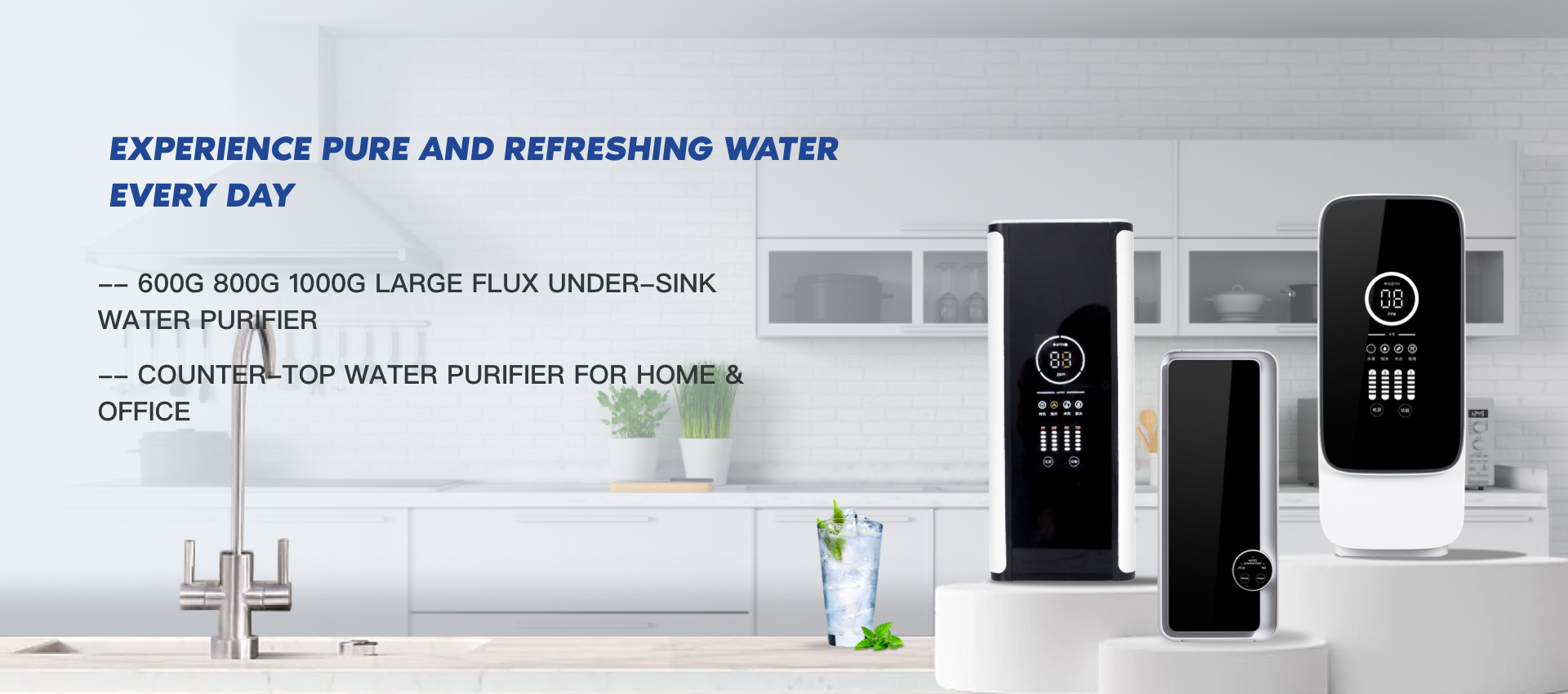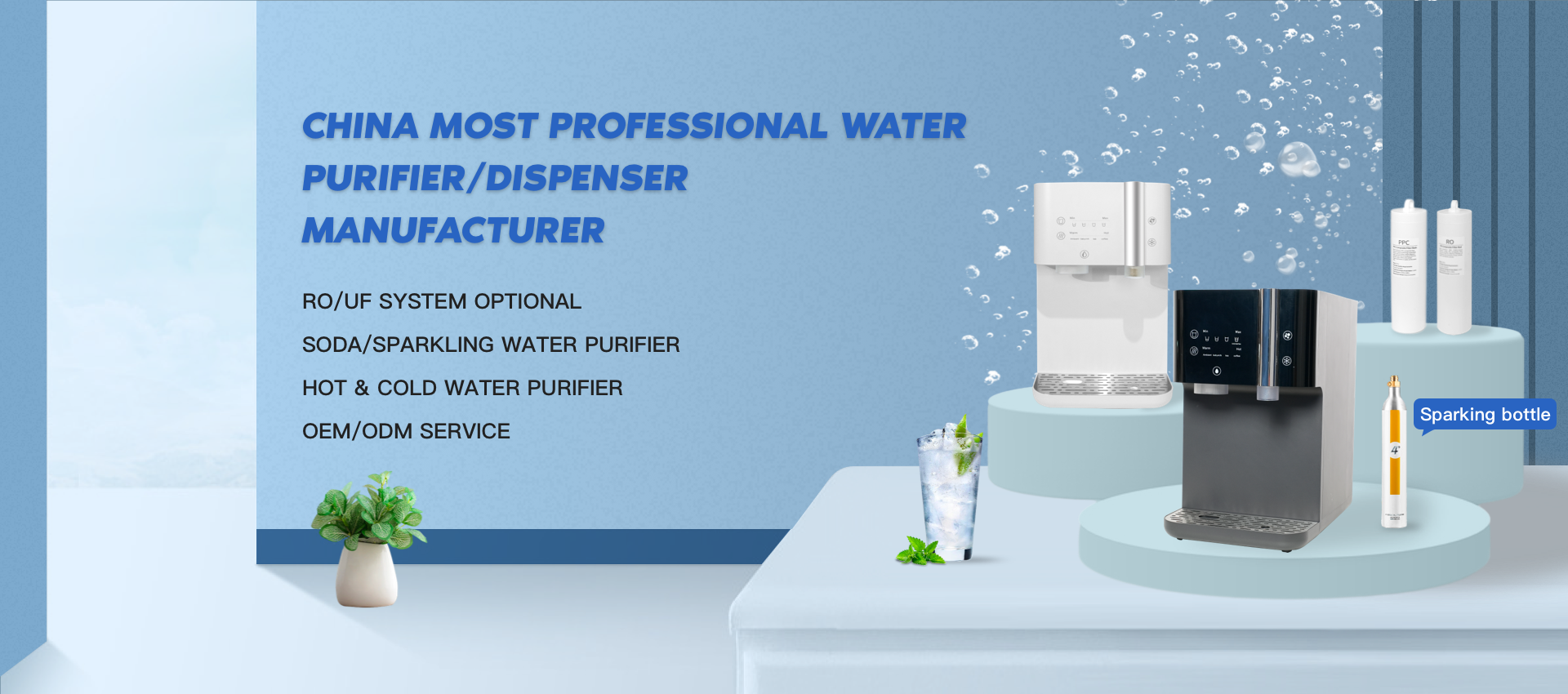As people become more aware of the quality of their drinking water, water purifiers are becoming more and more popular. But are water purifiers really good for our health? In this article, we’ll explore the benefits and potential risks of using a water purifier.
Water is vital to our survival and it is vital that we consume clean and safe water. However, tap water is sometimes contaminated with various pollutants and toxins that can adversely affect our health. This is where a water purifier comes in handy. They are designed to remove impurities such as bacteria, viruses, heavy metals and chemicals from tap water, ensuring that we drink water that is free of harmful substances.
One of the main advantages of using a water purifier is that it provides a convenient and cost-effective way to obtain clean drinking water. Water purifiers allow us to have a constant supply of safe water directly from the tap, rather than relying on expensive and environmentally unfriendly bottled water. This not only saves us money but also reduces plastic waste.
Additionally, water purifiers can improve the taste and smell of tap water. Many people find that purified water tastes cleaner and fresher than unfiltered tap water, which can sometimes have a chlorine-like taste or strong odor. By removing impurities, water purifiers enhance the overall drinking experience and encourage us to stay hydrated.
In terms of health benefits, water purifiers can help us prevent water-borne diseases. Bacteria and viruses such as E. coli and Cryptosporidium may be present in tap water, especially in areas with poor water sanitation systems. Drinking contaminated water can cause diseases such as diarrhoea, cholera and hepatitis. By using a water purifier, we can reduce the risk of contracting these diseases and stay healthy.
In addition, some water purifiers are equipped with special filters that can remove heavy metals such as lead and mercury from tap water. Over time, these metals can accumulate in our bodies and pose serious health risks, especially to children and pregnant women. By eliminating heavy metals, water purifiers can provide additional protection against long-term health complications.
But it’s worth noting that water purifiers are not without potential risks. Certain types of water purifiers can become breeding grounds for bacteria if not properly maintained. For example, if the filter is not changed regularly or the purifier is not cleaned according to the manufacturer’s instructions, bacteria can grow and contaminate the purified water. That’s why it’s crucial to follow proper maintenance procedures and replace filters as recommended.
Another issue is the potential loss of essential minerals during the purification process. Some water purifiers use reverse osmosis or distillation methods, which remove beneficial minerals like calcium and magnesium from the water. While these minerals can also be obtained from other dietary sources, individuals with specific nutritional needs or deficiencies may want to consider other mineral supplementation methods if relying solely on purified water.
In summary, water purifiers can benefit our health by providing clean and safe drinking water. They eliminate impurities, improve taste, and prevent water-borne diseases. However, proper maintenance and consideration of mineral loss are critical to maximizing benefits while minimizing any potential risks. By investing in a reliable water purifier and following manufacturer guidelines, we can enjoy the benefits of pure water and prioritize our health and well-being.
Post time: Oct-11-2023





